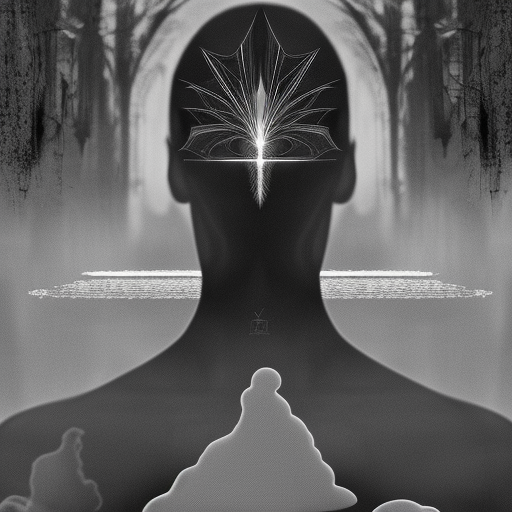Summary:
Notes from Underground, White Nights, The Dream of a Ridiculous Man, and Selections from The House of the Dead, written by Fyodor Dostoevsky, are a collection of four novellas that delve into the depths of the human psyche, exploring themes of alienation, existentialism, and the search for meaning in a chaotic world. Through introspective and often unreliable narrators, Dostoevsky presents a profound examination of human nature and the consequences of our actions.
Notes from Underground: The Tormented Mind
In “Notes from Underground,” the unnamed narrator, a bitter and isolated man, shares his thoughts and experiences with the reader. He is a former civil servant who has chosen to retreat from society and live in a state of self-imposed isolation. Through his rambling monologues, the narrator reveals his deep-seated resentment towards society and his own inability to connect with others. He is plagued by a sense of alienation and finds solace in his own suffering. The novella serves as a critique of rationalism and the notion of progress, highlighting the destructive nature of unchecked individualism.
White Nights: A Tale of Loneliness and Longing
“White Nights” tells the story of a lonely dreamer who falls in love with a young woman he encounters during the summer nights of St. Petersburg. The protagonist, known as the Dreamer, spends his nights wandering the city streets, yearning for connection and companionship. When he meets Nastenka, a beautiful and mysterious woman, he becomes infatuated and fantasizes about a future together. However, his hopes are dashed when he discovers that Nastenka is in love with another man. The novella explores themes of unrequited love, the power of imagination, and the pain of isolation.
The Dream of a Ridiculous Man: Redemption and Salvation
“The Dream of a Ridiculous Man” follows the journey of a man who, after contemplating suicide, experiences a profound dream that transforms his outlook on life. The Ridiculous Man, disillusioned with humanity’s cruelty and indifference, decides to end his own life. However, in his dream, he is transported to a utopian society where he witnesses the beauty and goodness of humanity. This revelation leads him to seek redemption and dedicate his life to spreading love and compassion. The novella explores themes of moral regeneration, the power of forgiveness, and the potential for redemption.
4. Selections from The House of the Dead: Life in a Siberian Prison
“Selections from The House of the Dead” is based on Dostoevsky’s own experiences as a political prisoner in Siberia. The novella provides a harrowing account of life in a Siberian prison camp, depicting the brutal conditions, the dehumanizing treatment of inmates, and the psychological toll it takes on their spirits. Through vivid descriptions and personal anecdotes, Dostoevsky explores themes of suffering, survival, and the resilience of the human spirit.
Key Takeaways:
- The human psyche is complex and often contradictory, with individuals grappling with feelings of alienation, longing, and the search for meaning.
- Society’s obsession with progress and rationality can lead to a sense of disillusionment and a loss of individuality.
- Love, compassion, and forgiveness have the power to transform and redeem even the most tormented souls.
“Man only likes to count his troubles; he doesn’t calculate his happiness.”
– Fyodor Dostoevsky
In this collection of novellas, Dostoevsky delves deep into the human condition, exploring the darkest corners of the mind and the potential for redemption and transformation. Through his introspective and often unreliable narrators, he challenges societal norms and offers a profound examination of human nature. These stories serve as a reminder that despite the complexities and contradictions of the human psyche, love, compassion, and the pursuit of meaning can ultimately lead to redemption and salvation.












